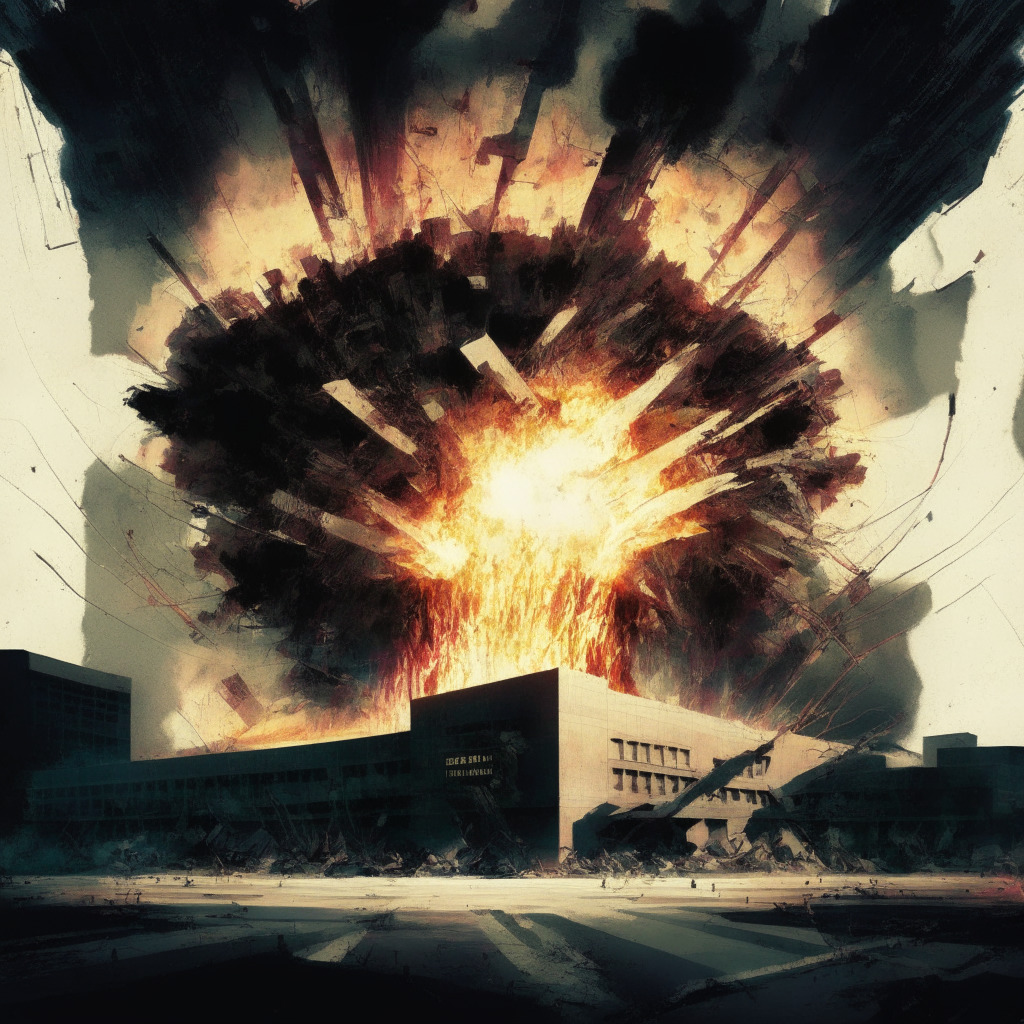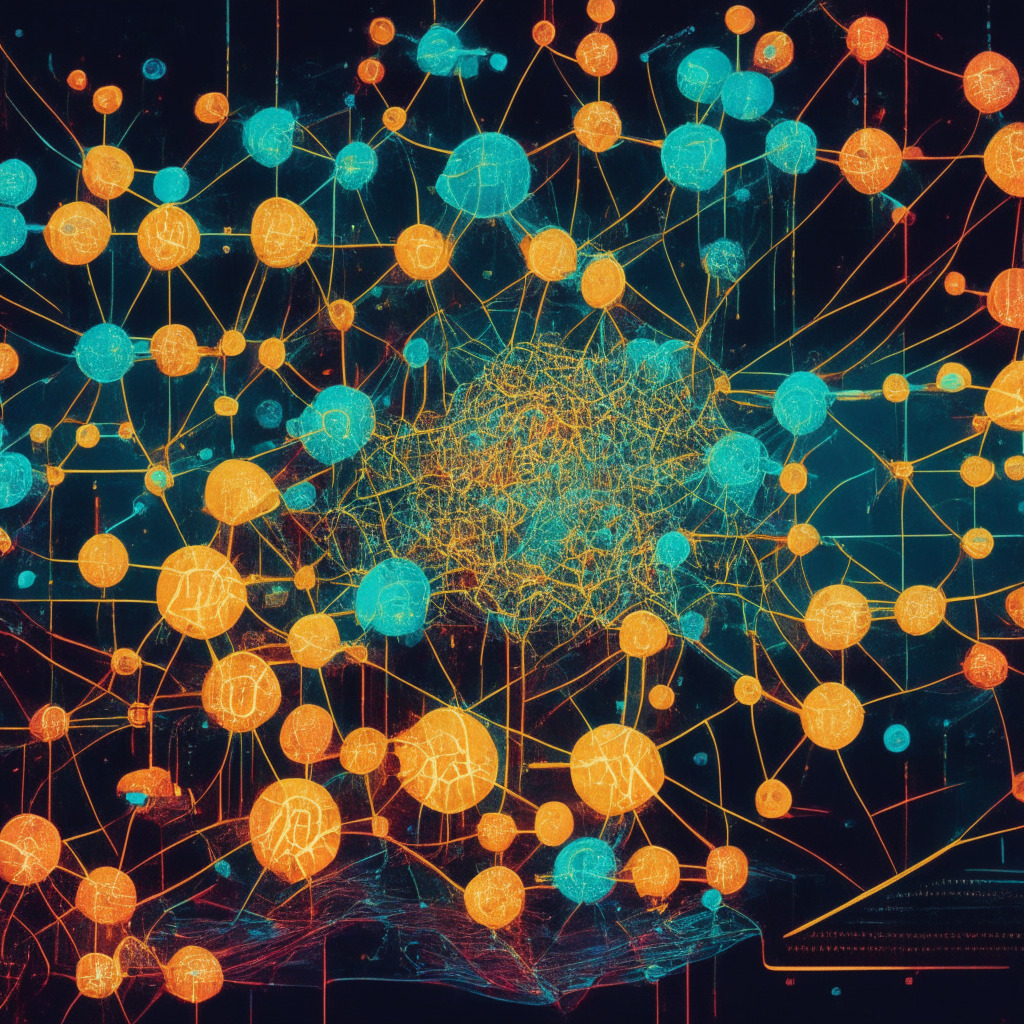On Monday, an unsettling milestone was reached in the realm of artificial intelligence (AI) as a fabricated image depicting an explosion at the Pentagon rapidly spread across social media platforms. The AI-generated image was shared by various accounts, including a Russian state-owned media channel, and is believed to have caused a momentary sell-off in the U.S. stock market.
The confusion surrounding the false Pentagon explosion even made its way onto non-official Twitter accounts with blue verification checkmarks, further exacerbating the situation. This calls attention to the importance of rigorous source verification and to the new criteria for account verification established by Elon Musk.
As the fake image went viral, U.S. stock indexes took a minor hit, though markets did recover swiftly after the hoax was exposed. Bitcoin, a leading cryptocurrency, also experienced a brief “flash crash” in the midst of the disinformation, dropping to $26,500 before gradually recuperating.
The impact of this incident was significant enough for the Arlington County Fire Department to step in and address the false reports, prompting serious concerns among critics of unchecked AI development. Several experts in the field have warned that advanced AI systems may become tools for malevolent actors globally, disseminating misinformation and causing online havoc.
This is not the first time that AI-generated images have misled the public. Examples include fabricated images of Pope Francis in a Balenciaga jacket, a false arrest of President Donald Trump, and deepfakes of celebrities promoting crypto scams. Notable individuals have sounded the alarm about the spreading of disinformation, with numerous tech experts advocating for a six-month halt on advanced AI development until appropriate safety guidelines have been established.
Even Dr. Geoffrey Hinton, widely regarded as the “Godfather of AI,” resigned from his position at Google to express his concerns about potential risks posed by AI without compromising his former employer’s reputation.
As a result of this recent incident, the ongoing discussion surrounding the necessity for regulatory and ethical frameworks for AI has been reignited. The potential for AI to become a powerful tool in the hands of disinformation agents raises concerns about the chaos that could ensue.
Based on the events that transpired earlier this week, one pressing question emerges: What if AI itself is the agent leveraging social media’s influence to create chaos and manipulate financial markets? It appears that this possibility may slowly but surely be inching closer to reality.
Source: Decrypt




